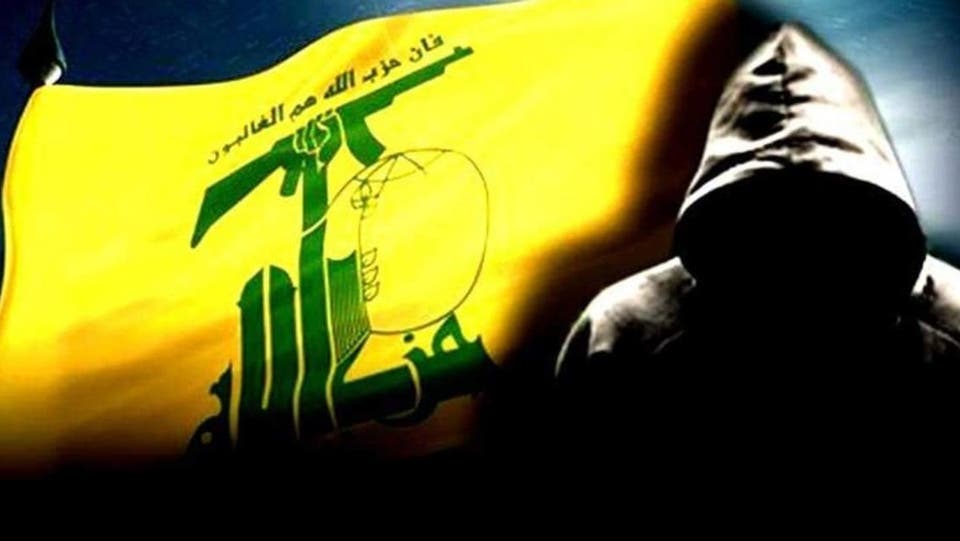Lebanon Is Collapsing and Urgent Reform Is Desperately Needed
Jonathan Schanzer and Mark Dubowitz/FDD/August 05/2020
جوناثان شانزر ومارك دوبويتز: لبنان ينهار والإصلاح العاجل حاجة ماسة
Lebanon is unraveling. Last year’s massive public protests over the government’s failure to collect trash or provide other key services now seem like minor quibbles. The COVID-19 pandemic has all but wiped out already falling remittances from the Lebanese diaspora. With its economy in a tailspin, the government missed a payment on a $1.2 billion Eurobond in March and effectively defaulted on all outstanding Eurobond obligations, including $2.7 billion in payments due in April and June.
The International Monetary Fund, the World Bank and others are working to assess the problem and offer solutions. But with Lebanon, it won’t be easy.
First, Lebanon has a Hezbollah problem. Hezbollah controls the health ministry and is the majority partner in the current coalition. It is designated as a terrorist group by the United States, the United Kingdom, Germany, Holland, Canada, the Arab League, the Gulf Cooperation Council and several Latin American countries. International donors cannot in good faith bail out a government controlled by a terrorist group that answers to the Islamic Republic of Iran, the world’s leading state sponsor of terrorism, according to both Democratic and Republican administrations.
A direct consequence of Hezbollah’s political control is that Lebanon’s financial system is rife with corruption, money laundering, drug smuggling and other illicit finance. As a result, many of Lebanon’s most important financial institutions are in the crosshairs of a lawsuit in the United States: Bartlett v. Société Générale de Banque au Liban S.A.L. (SGBL), et al. The complaint alleges that these banks provided financial services to Hezbollah and “facilitated the flow of U.S. dollar-denominated funds Hezbollah used to bankroll its operations in Iraq.” These operations killed Americans. This introduces liabilities, potentially in the form of liens on bailout funds, that the donor community cannot ignore.
Another complicating factor is that Hezbollah physically controls chunks of Lebanese territory—the Beqaa Valley, southern Lebanon and a Beirut suburb known as Dahiyeh. The group maintains a missile arsenal larger than any European country in NATO. Iran furnished Hezbollah with more than 150,000 rockets that threaten its southern neighbor, Israel. And its recent acquisition of precision-guided munitions from Iran threatens to devastate Israel’s civilian areas, prompting Jerusalem to openly consider preemptive strikes. The risk of another ruinous Lebanon war triggered by Hezbollah is an additional red flag for donors. Why finance a country that will be flattened shortly thereafter in a predictable—and avoidable—war?
There is also the question of how much cash Lebanon needs. The Foundation for Defense of Democracies commissioned a report by renowned economist James Rickards, who advised governments and banks on past bailouts, to answer this question. The new report suggests that Beirut requires a staggering $67 billion in fresh money to stabilize Lebanon’s banking sector, assuming an unofficial exchange rate of 4,000 Lebanese pounds to the dollar. That does not include $22 billion in losses incurred by the central bank, Banque du Liban (BdL). Nor does it include anticipated net losses of $4.2 billion or more from the defaulted Eurobonds. The total cost of a bailout would thus exceed $93 billion. But even that is probably a lowball, as the real exchange rate is ticking far higher, according to recent reports.
Lebanon’s nearly $100 billion hole doesn’t even include public infrastructure and other needs. For context, the IMF’s largest-ever bailout was $57 billion for Argentina in 2018.
How did Lebanon accrue this mountain of debt? A Ponzi scheme. Banks took foreign currency deposits from Lebanese customers at home and the Lebanese diaspora, including from Hezbollah’s drug smuggling and other illicit operations. The banks used these deposits to make their own deposits with the BdL. The BdL used these funds for government spending, such as imports and interest payments—all at favorable exchange rates that defied the realities of a country that generates little foreign currency and has no exports to speak of. The entire financial system, led by the BdL, assured Lebanon’s population that their dollar and pound deposits were safe, even as the system crumbled.
The Lebanese government knew what was happening. The political elite perpetuated the fraud. The government should therefore be held accountable.
There is one obvious way to do this. As Rickards notes, Lebanon possesses an astonishing 286.8 metric tons of gold. This ranks Lebanon as the 20th-largest holder of gold among countries reporting to the IMF. At $1,800 per ounce (market price as of June 30, 2020), that is approximately $16.5 billion. It’s not $93 billion, but it’s a start—particularly if coupled with genuine reform.
Where Lebanon goes from here is anyone’s guess. Under the grip of Hezbollah (and by extension, the Islamic Republic of Iran), beset with corruption and political dysfunction, saddled with staggering debt, and struggling amidst the COVID-19 pandemic, huge challenges lie ahead. A simple bailout is not the answer—even if one were feasible. An overhaul of the banks and the political system is needed. So is a crackdown on Hezbollah, its financial conduits and its smuggling operations. Anything less would be tantamount to terrorism finance and the perpetuation of one of the largest Ponzi schemes in history.
For the Lebanese government, there may be one way to buy time. It’s a long shot, but one worth taking. The United States, with the support of Israel, can offer a short-term bailout for Lebanon—but only on the condition that Hezbollah agrees to remove its arsenal of precision-guided missiles from the country. Admittedly, this would not be a long-term fix. But it could help Lebanon forestall financial implosion while also helping to avert a devastating war.
*Jonathan Schanzer is senior vice president for research at Foundation for Defense of Democracies.
*Mark Dubowitz is chief executive officer. Follow them on Twitter @JSchanzer and @mdubowitz.




















